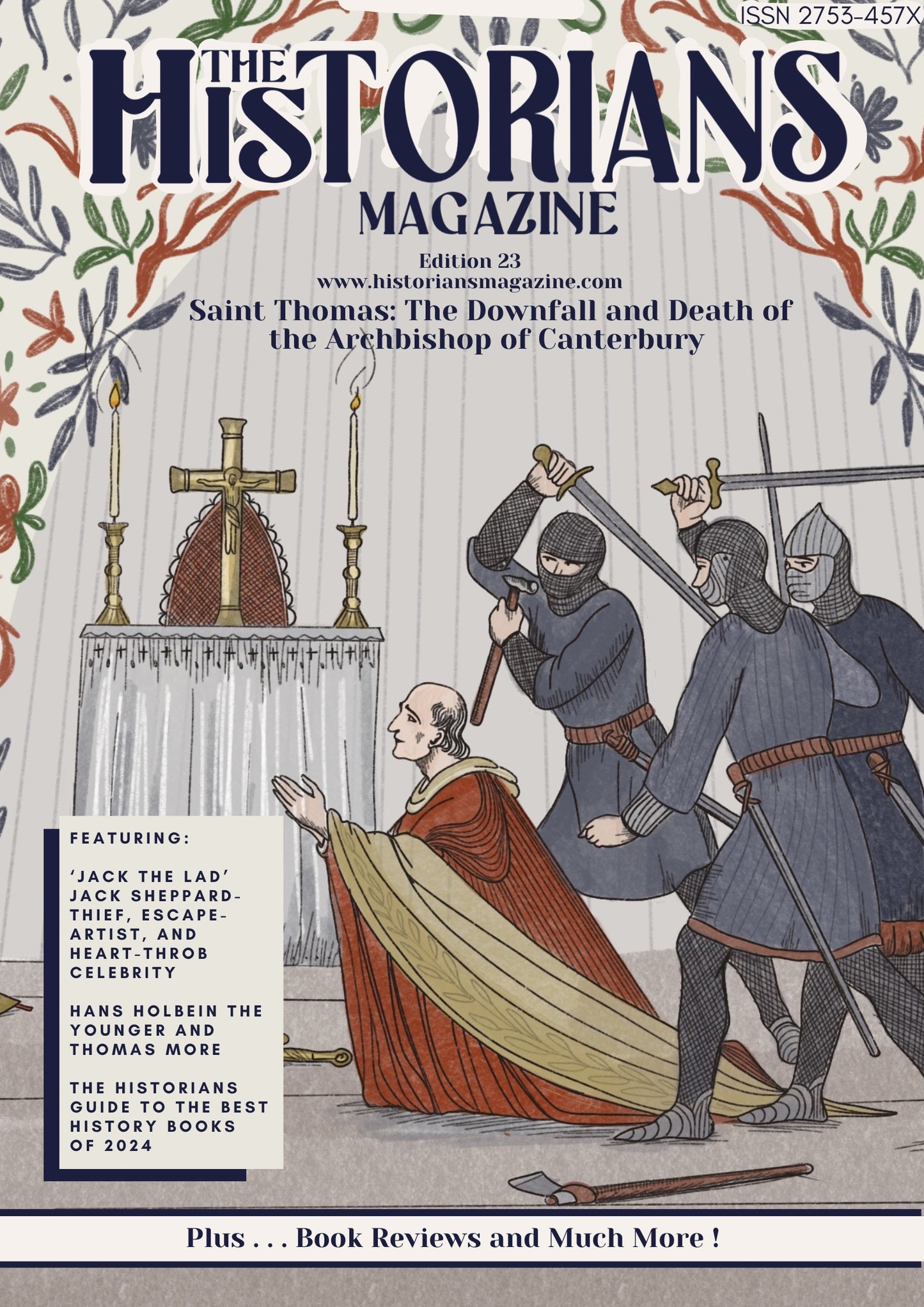The Real Housewives of Ancient Rome
Share
by MacKenzie Hoff
The Weight of Expectations
Beauty, fertility, modesty, and obedience were the values expected of Roman wives. They were meant to be gentle and quiet adornments who never ventured too far from home. Some Roman women exemplified these values so well that they were deified by the Senate. Others despised these roles so much that they’d rather risk banishment than fall in line. These are the stories of five Roman wives whose notable lives cemented them in history.
Cornelia rejects the crown of the Ptolemies, Laurent de La Hyre, 1646.
The Wives
Cornelia Africana (190 BCE - 115 BCE)
A proud boy mom, Cornelia viewed her children as jewels more valuable than anything else. Not only did she raise her two boys to become influential Roman tribunes (Tiberius and Gaius Gracchus), but Cornelia was renowned for her educational achievements as well. She upheld traditional Republican values while achieving a high level of philosophical knowledge and managing her husband’s estate with an iron fist after his death.
Clodia Metelli (Born 94 BCE)
Muse to Catullus and the subject of his many love poems, Clodia was renowned for her beauty… among other things. Rumors aplenty could be found about her affairs and debauchery, especially after the suspicious death by poisoning of her husband (Metellus). Yet, Clodia stood strong amidst the mumbling. A well-educated woman, she maintained property ownership without having to remarry and established financial independence. Regardless of the scandal surrounding her romantic life, Clodia Metelli very clearly needed no man.
Turia (60 BCE - 5 BCE)
Turia was an exemplary wife and strong woman who had her husband, Consul Quintus Lucretius Vespillo, absolutely whipped. As a girl, Turia brought the murderers of her parents to justice and defended her father’s will against greedy relatives. As a woman, she saved her husband’s life and supported him during the civil war. Even after being physically attacked, she persisted in her unwavering support, going so far as to financially support him while he was in exile. She inspired devotion from her husband throughout the entirety of her life, so much devotion that the epitaph he wrote for her is the longest surviving funerary inscription we have from Rome.
Livia Drusilla (58 BCE - 29 CE)
Livia Drusilla was the wife of Augustus and the most powerful woman in Rome. Beautiful and cunning, she was both a model wife and a strong political mind. Livia had the authority to act in legal matters and advised Augustus on matters of importance. She had her husband wrapped around her finger so well that he adopted her children from her first marriage. After the suspicious death of his biological sons, Augustus even named her son (Tiberius) heir to the Empire, regardless of how little Tiberius desired the title. Livia’s overbearing parenting eventually came back to bite her when, after her death, Tiberius vetoed all honors given to her by the Senate. She was restored to her status as The Divine Augusta by her loving grandson, Claudius, in 42 CE.
Julia the Elder (39 BCE - 14 CE)
Julia’s early life groomed her to be the perfect Roman wife. She was the only biological child of Augustus, was married three times (eventually to Tiberius, the heir), and was brought up with traditional values. But Julia was more of a revolutionary than her parents could ever have expected. She rebelled against Augustus’ efforts and was accused of affairs with at least five elite men. Arrested for adultery and treason, she was publicly accused by her father and banished to the tiny island of Pandateria with no men in sight. Forbidden to drink wine or eat rich food, she was forced to live the boring life that she’d always despised growing up.
Laudatio Turiae (Lament for Turia): tombstone inscription.
The place of women in the household is a topic that has been debated throughout the history of humanity; from the Romans to modern politics. Whether they believed in traditional Roman values or wanted to be the life of the party, each of these five Roman women found their own way to write their name into the history books. From rebellious Julia the Elder to steady Livia Drusilla, they show what things were truly like for the wives of ancient Rome.
Bust of Julia the Elder, 11 BCE, Musée Saint-Raymond.
Kenzie Hoff is a museum professional and recent classical studies graduate of the University of Wisconsin. Her research has focused on classical archaeology, art history, and epic poetry. She has a particular interest in finding new ways to get younger generations excited about history.




